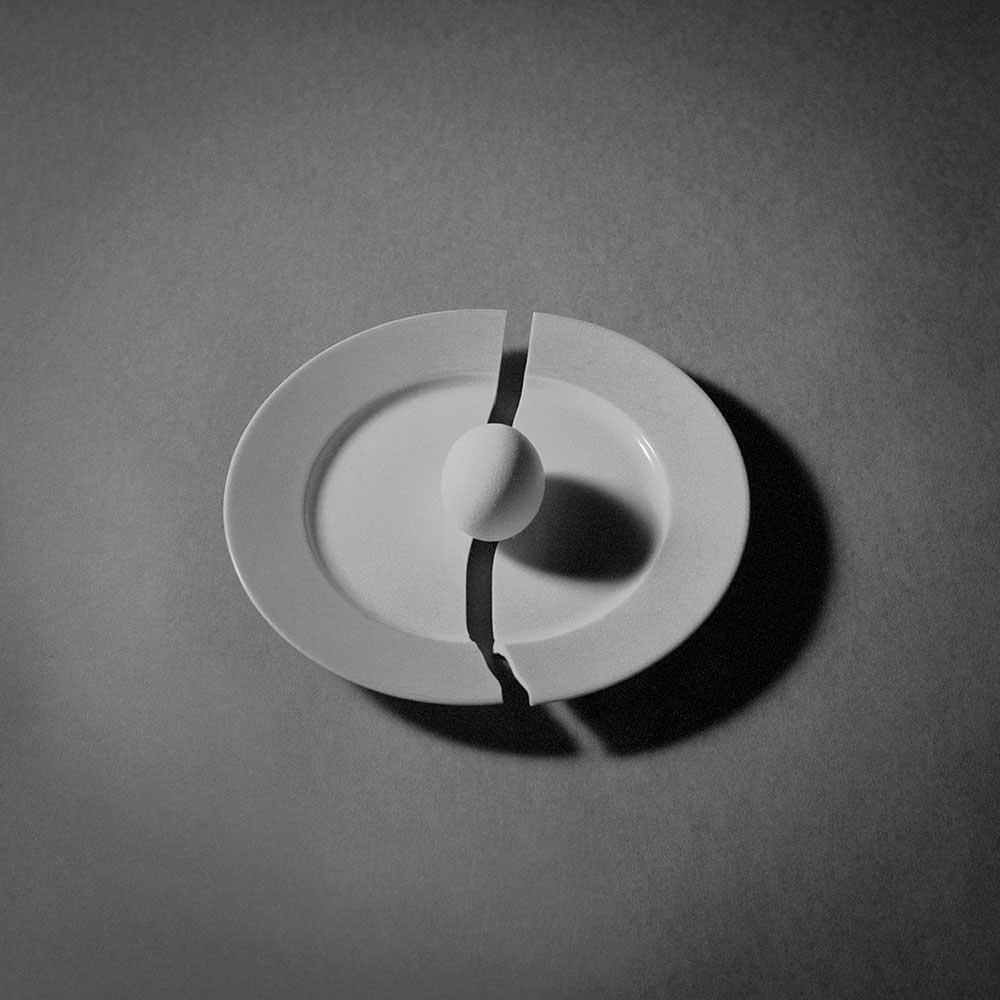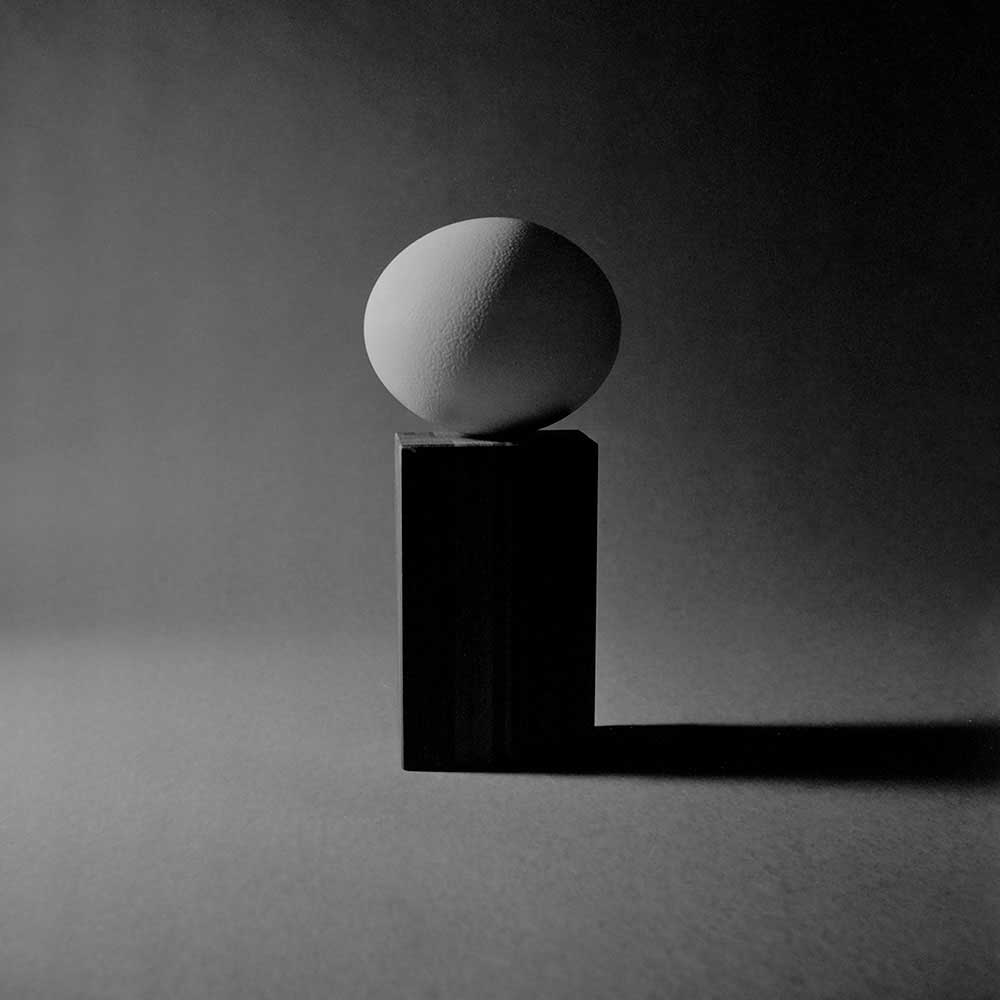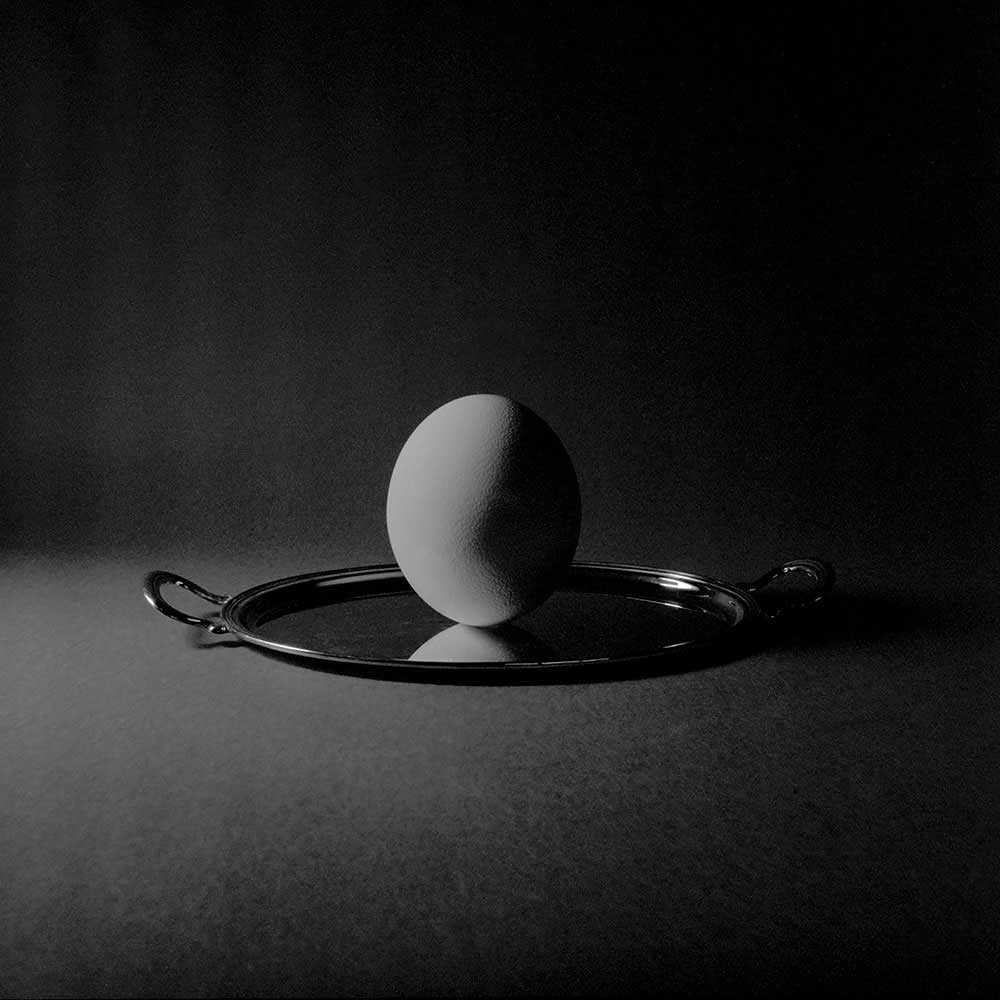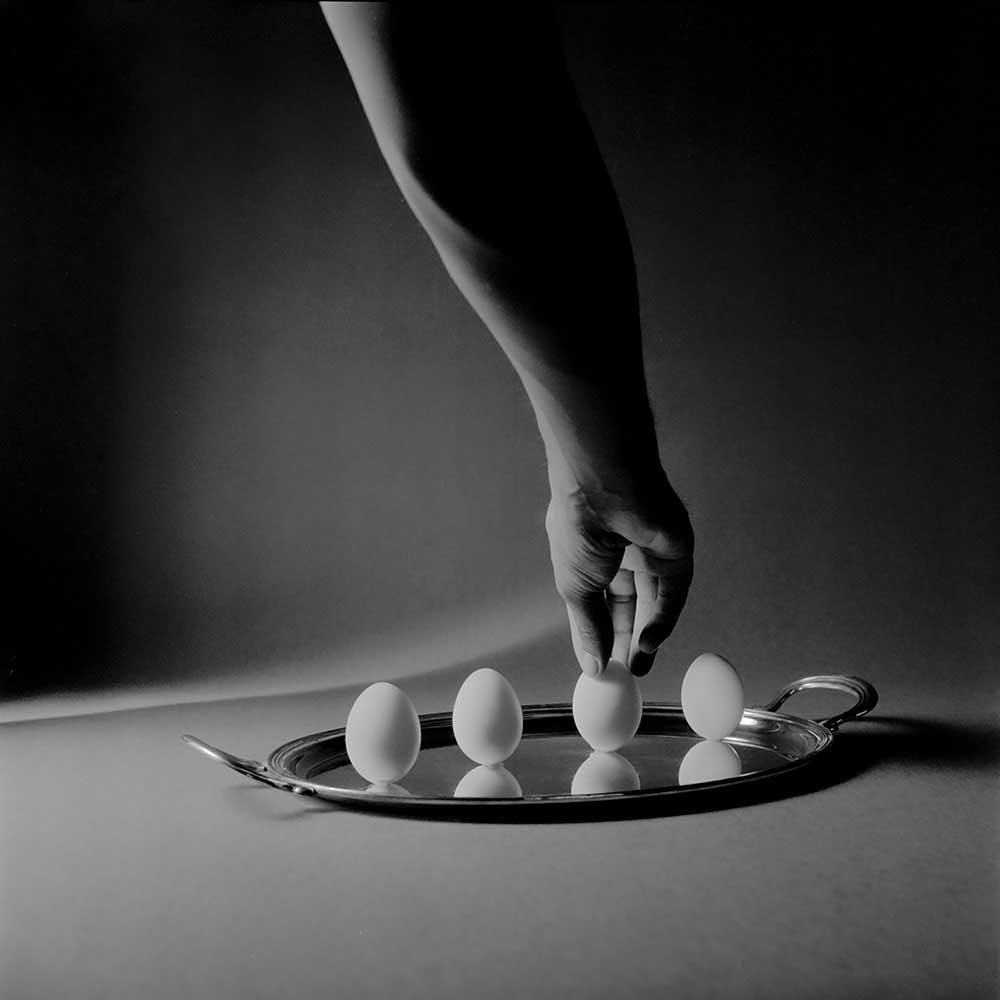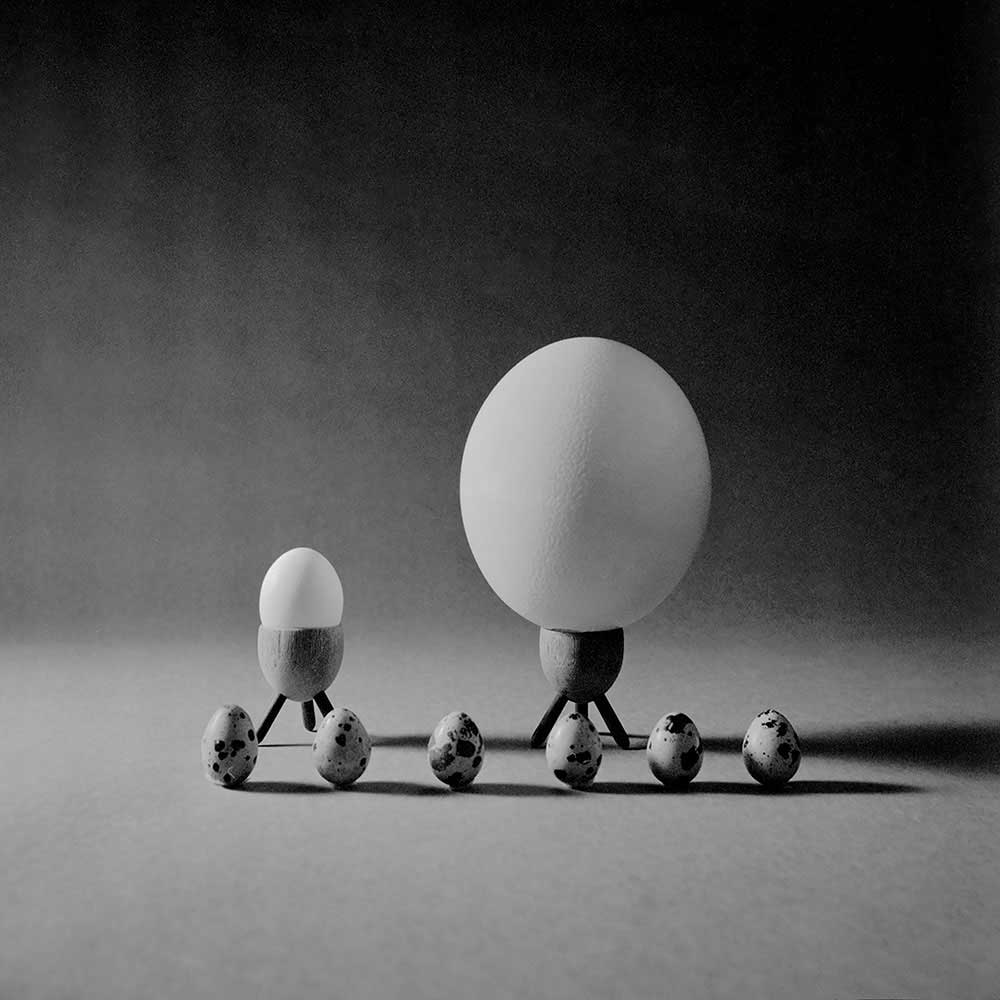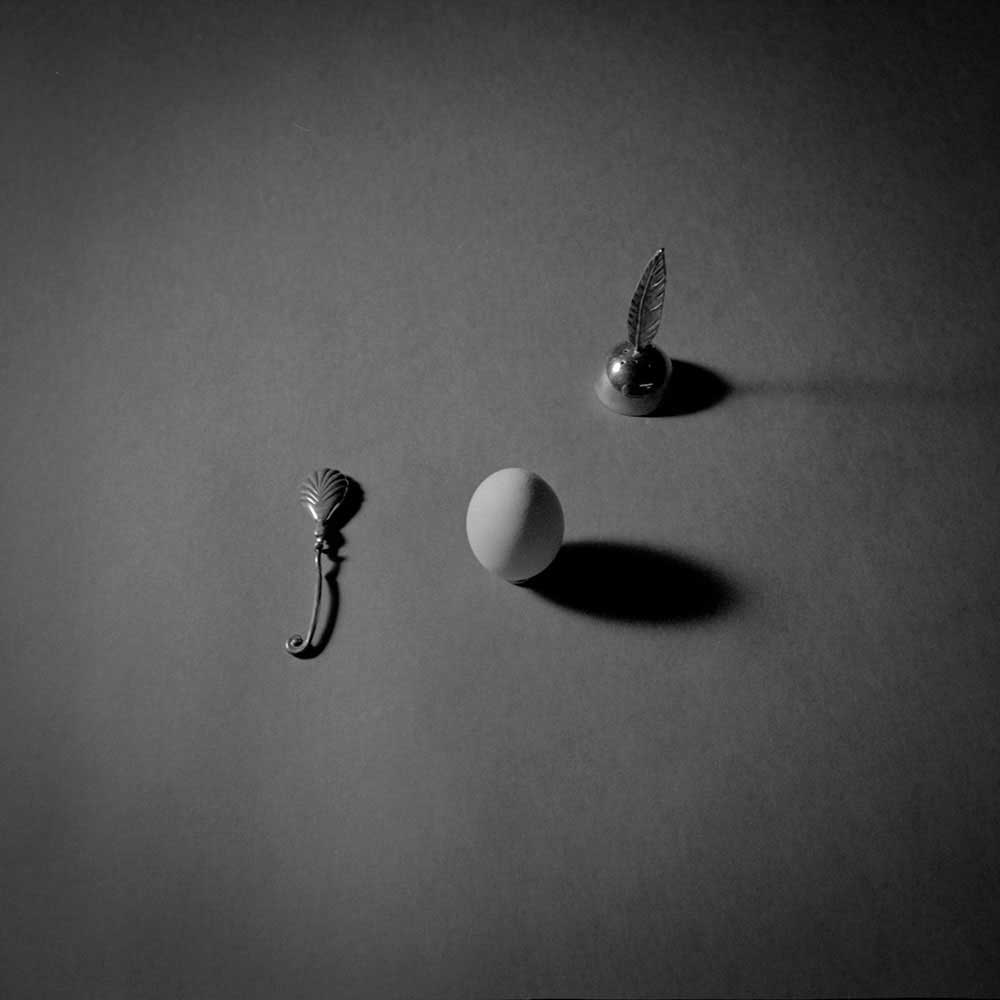I leave my home
And I get back to my grass blades Hoping to find countrymen
Bekepers and farmers
Earthly men because made of earth Covered with purity
And bent towards the strong wind
I go back to the trampled earth
Always flattened to welcome
Your giant steps
Or those of an ant
I leave to you all the gesture of throwing What is being consumed
On my land everything is dirty
Of fragility and beauty
There where what dies
Serves what is being born.
-Walking (from rhymes and no rhymes in the chest) Martina Maria Mancassola.-
Things that have been written about fragility, in a short but very intense text, by the young poet Martina Maria Mancassola are beautiful and poignant, and I would like to thank her for lending me these powerful lines and for giving voice and thoughts to my photographs.
A study of fragility is a photographic project that documents and conceptualizes fragility as the purest human condition. Literature has taught us, fragility is such a rare gift that it often raises us to the highest level of possibility.
But as the psychiatrist Eugenio Borgna wrote in one of his short essays: “Fragility is an emotional and existential way of being that lives on the mysterious path that leads inwards, and which cannot be recognized except by going beyond behavior and descending into the abysses of our interiority, and of the interiority of others. Even today there is an unjust tendency to look at fragility as a useless and antisocial form of life, and indeed sick, which needs care, and which at best deserves nothing but compassion; and we do not know how to glimpse the incandescent traces of sensitivity and kindness in it. Of course, just as suffering passes, but having suffered never passes, so also fragility is a human experience that, when born, never dies out in life.”
And so it is necessary to know that pain is a quality of being fragile, and therefore may these photographs be a tribute to pain, which is strength and rebirth, light and twilight.
About Camilla Gorini
Camilla Gorini is an italian photographer born in 1995 and based in Milan. Her photographic research documents and conceptualizes fragility as an expression of the human condition, with a unique approach to portraying common objects. Her work embraces the medium and large format and maintains a minimal and monochromatic rigor. In 2021 she participated at the London Art Biennale, winning the photography/video award with the project ‘A Study of Fragility’. [Official Website]



